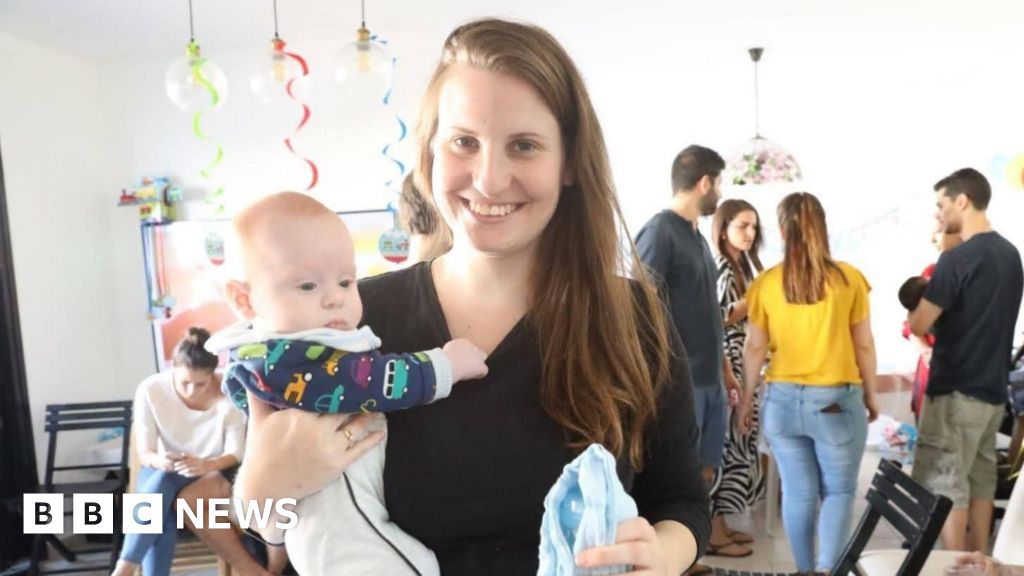
Facebook has removed an Italian group which saw men sharing intimate images of often unsuspecting women with thousands of people online.
The Mia Moglie group, which translates to My Wife in English, had around 32,000 members before it was shut down this week.
Its discovery has prompted outrage among Italians who are concerned about similar groups growing in its absence.
Meta, which owns Facebook, said it closed the page “for violating our Adult Sexual Exploitation policies”.
Screenshots taken before the Facebook group was removed appeared to show pictures of women in various states of undress, sometimes asleep or during intimate moments.
Underneath the posts there were numerous sexually explicit comments from men. Some said they wanted to “rape” the woman while others praised the secretive nature of some of the photographs.
The page was highlighted by the author Carolina Capria who posted online saying she felt “nauseous” and “scared” by what she saw.
“This linking of violence to sexuality is so ingrained in our culture that in a public group, men write without hiding their names and faces,” she added.
Fiorella Zabatta from the European Greens party said on social media that it was “not just harmless fun”, but was “virtual rape”.
“These platforms must be fought, this toxic idea of masculinity must be fought, and we all need to take action: civil society and politics too”.
Revenge porn, the sharing of sexually explicit images or videos which were intended to remain private, was made illegal in Italy in 2019.
Italian media reports suggest more than a thousand people have already reported the group to the police unit which investigates cyber crime.
Meta’s statement added “we do not allow content that threatens or promotes sexual violence, sexual assault or sexual exploitation on our platforms”.
The discovery of the Italian facebook page has seen some draw parallels to France’s Pelicot case. Last year, Dominique Pelicot was sentenced to 20 years in prison for drugging, abusing and inviting strangers to rape his then wife Gisèle Pelicot.
Despite being virtual, Capria said it showed that the Pelicot case was not an anomaly as in both instances, it showed “a man who believes he can control his wife, and for whom sexuality is inextricably linked to oppression”.



